
Professor Stuart Dunn
Professor of Spatial Humanities
- Head of Humanities, Faculty of Arts & Humanities
Biography
Stuart Dunn is Professor of Spatial Humanities at King's. He has interests in the history of cartography, digital approaches to landscape studies, and spatial humanities. Between 2019 and 2023 he served as Head of the Department of Digital Humanities. He is currently Head of Humanities, with respoinsibility for the Departments of Classics, Philosophy, Theology and Religious Studies and History.
Stuart is interested in modelling how people, location and place interact, and how those interactions are expressed digitally, for example through the application of GIS to historical placenames and non-extant hierarchical and administrative systems. He is also interested in the theory of abstract spatial semantics and historical gazetteers. Stuart currently works on projects in digital folklore and storytelling, Critical GIS, cultural heritage, and the archaeology of mobility. He works on computational approaches to art history (leading the Ancient Itineraries project), funded by the Getty Foundation), and has interests in digital folklore. More recently he has become interested in the presence and representation of death and funeral rituals in the landscape.
He gained an interdisciplinary PhD on Aegean Bronze Age dating methods and palaeovolcanology from the University of Durham in 2002, conducting fieldwork in Melos, Crete and Santorini. Stuart is also a Guest Professor of Riga Technical University in Latvia, a Foreign Expert at the Digital Publishing and Digital Humanities Research Center of the Beijing Normal University, Zhuhai, a Visiting Scholar of the Centre for Digital Humanities at the Australian National University, and was formerly a Visiting Scholar in Stanford University's Center for Spatial and Textual Analysis's Spatial History project.
Research Interests and PhD Supervision
Stuart welcomes enquiries about the supervision of PhD projects in any of the following areas:
- Digital Geography. The development and application of digital mapping tools, and GIS in the humanities, especially history and archaeology, and geospatial semantics.
- Digital Folklore. Mapping funerary geographies and pathways and ritual practices in early modern Europe.
- Data visualisation. Especially the relationship between documented human movement, space and location; including theoretical aspects of Virtual Reality and agency theory.
- Digital approaches to landscape archaeology. Especially the landscapes of the Aegean and East Mediterranean, and landscape history of sites and monuments in Roman and pre-Roman Britain. I am especially interested in the affordances and limitations of digital mapping in expressing and understanding movement in such landscapes.
For more details, please see Stuart's full research profile. You can find his blog here.
Teaching
As well as the core topics of the Spatial Humanities, Stuart teaches the history, theory and origins of the Internet and World Wide Web, and topics in digital cultural heritage, introducing students to the basis of Geographical Information Systems (GIS). This takes in perspectives on gazetteers, neogeography, and the geographies of the Ancient World. He has taught as an external professor in Latvia, and on the PhD programme of the IMT School for Advanced Studies in Lucca, Italy.
Expertise and public engagement
Stuart was a speaker at the London Month of the Dead Festival in October 2023.
Selected publications
Kiminami, C.A.G. and Dunn, S., 2025. London's Strand: From Pedestrianisation to Humanisation. European Journal of Geography, 16(1), pp.s18-s29.
Dunn, S., 2023. Kinesthetic Archaeologies: Digital Methods and the Reconstruction of Movement. In Capturing the Senses: Digital Methods for Sensory Archaeologies (pp. 63-83). Cham: Springer International Publishing.
Noble, L., Vavassori, V., Crookham, A. and Dunn, S., 2022. Networking the Archive: The Stories and Structures of Thos. Agnew's Stock Books. ACM Journal on Computing and Cultural Heritage (JOCCH), 15(1), pp.1-14.
Dunn, S., 2022. Spatializing the Humanities. In Bloomsbury Handbook to the Digital Humanities. Edited by James O'Sullivan, Bloomsbury.
Dunn, S., 2019. A history of place in the digital age. Routledge.
Bluesky
Research
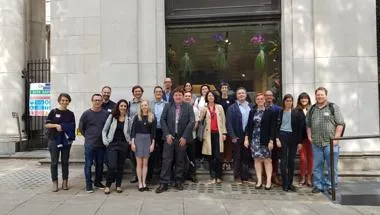
Ancient Itineraries
This programme seeks to explore how 'Digital' methods apply to art history through two meetings: one at King's and one in Athens.
Project status: Completed

Centre for Digital Culture
The Centre for Digital Culture at King’s College London is an interdisciplinary research centre promoting research and debate on digital culture
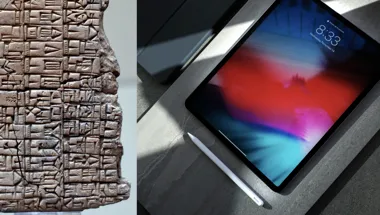
Computational Humanities Research Group
Computational Humanities research group
News
From archives to algorithms: experts debate AI's role in shaping the past
How is technology transforming historical research and interpretation? The Digital Futures of History panel, chaired by Professor Steven Connor, brought...

Digital Futures Institute to help 'understand what it means to live well with technology'
A new Institute, due to launch publicly in April, will investigate the relationship between humans and the technologies that have helped extend our capacities...
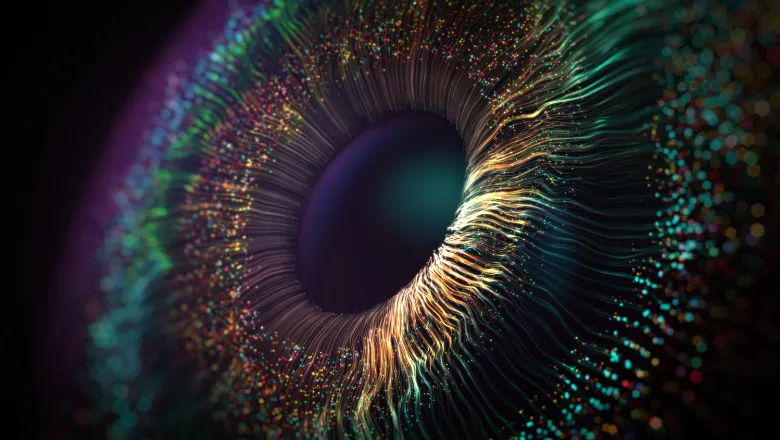
King's launch next Career Accelerator in UX Design
King’s has launched a new Career Accelerator Programme in UX Design, in partnership with digital education company FourthRev, with applications now open.

King's appoints new Professor of Media Philosophy and Critical Digital Practice in the Faculty of Arts & Humanities
Joanna Zylinska has been appointed as Professor of Media Philosophy and Critical Digital Practice in the Department of Digital Humanities.
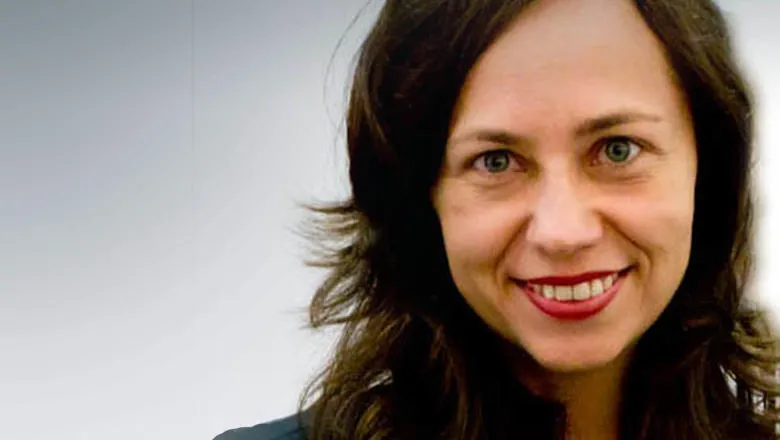
Eleven new King's Artists projects exploring the theme of 'Intelligence'
The 2021 King’s Artists cohort will be exploring the theme of ‘Intelligence’ in eleven new collaborative R&D projects across four King’s College London...
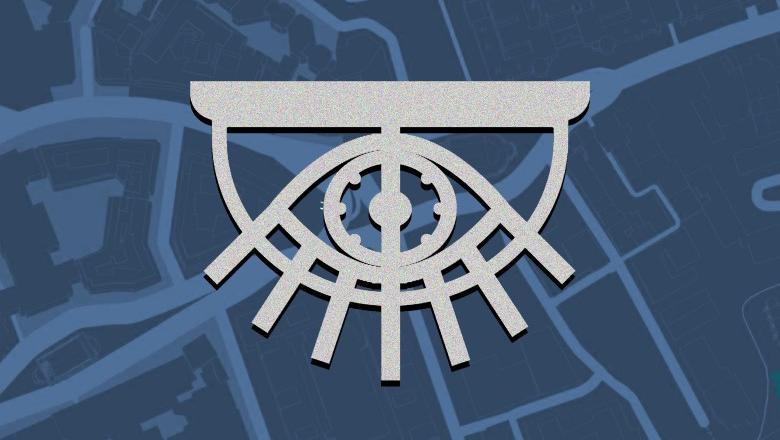
New King's Institute in Digital Art History awarded grant support from the Getty Foundation
New King's Institute in Digital Art History awarded grant support from the Getty Foundation and call-to-action for prospective members of the new Institute.

Call for members: Major new Institute opens at King's College London with Getty Foundation support
Call for members of King's College London's new Institute in Digital Art History, funded by the Getty Foundation

Events
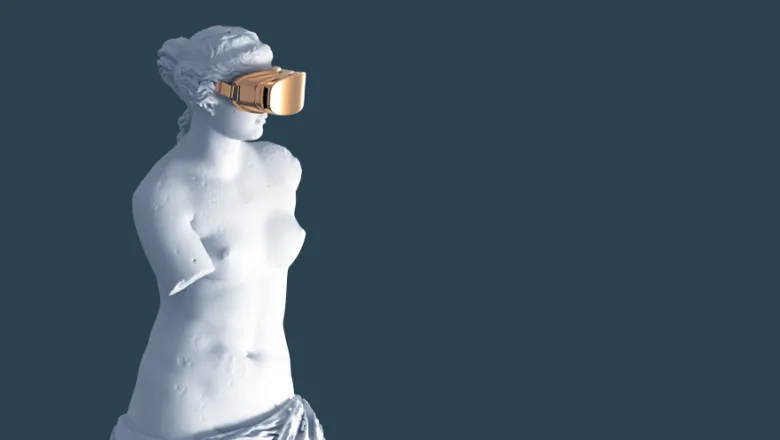
The Digital Futures of History
Join us in The Digital Futures of History in looking forward to the new ways in which we may soon be looking back.
Please note: this event has passed.
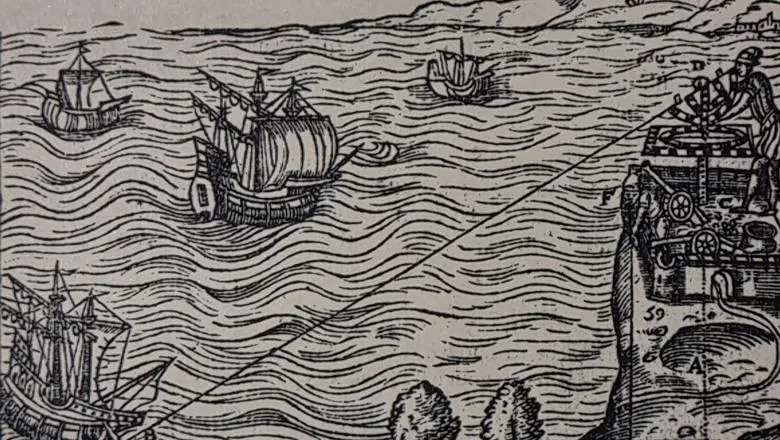
The Spatial Humanities: a challenge to the all-knowing map
In this lecture Professor Stuart Dunn will explore the origins of our motivation to “know” the entire world through mapping.
Please note: this event has passed.
Research

Ancient Itineraries
This programme seeks to explore how 'Digital' methods apply to art history through two meetings: one at King's and one in Athens.
Project status: Completed

Centre for Digital Culture
The Centre for Digital Culture at King’s College London is an interdisciplinary research centre promoting research and debate on digital culture

Computational Humanities Research Group
Computational Humanities research group
News
From archives to algorithms: experts debate AI's role in shaping the past
How is technology transforming historical research and interpretation? The Digital Futures of History panel, chaired by Professor Steven Connor, brought...

Digital Futures Institute to help 'understand what it means to live well with technology'
A new Institute, due to launch publicly in April, will investigate the relationship between humans and the technologies that have helped extend our capacities...

King's launch next Career Accelerator in UX Design
King’s has launched a new Career Accelerator Programme in UX Design, in partnership with digital education company FourthRev, with applications now open.

King's appoints new Professor of Media Philosophy and Critical Digital Practice in the Faculty of Arts & Humanities
Joanna Zylinska has been appointed as Professor of Media Philosophy and Critical Digital Practice in the Department of Digital Humanities.

Eleven new King's Artists projects exploring the theme of 'Intelligence'
The 2021 King’s Artists cohort will be exploring the theme of ‘Intelligence’ in eleven new collaborative R&D projects across four King’s College London...

New King's Institute in Digital Art History awarded grant support from the Getty Foundation
New King's Institute in Digital Art History awarded grant support from the Getty Foundation and call-to-action for prospective members of the new Institute.

Call for members: Major new Institute opens at King's College London with Getty Foundation support
Call for members of King's College London's new Institute in Digital Art History, funded by the Getty Foundation

Events

The Digital Futures of History
Join us in The Digital Futures of History in looking forward to the new ways in which we may soon be looking back.
Please note: this event has passed.

The Spatial Humanities: a challenge to the all-knowing map
In this lecture Professor Stuart Dunn will explore the origins of our motivation to “know” the entire world through mapping.
Please note: this event has passed.
